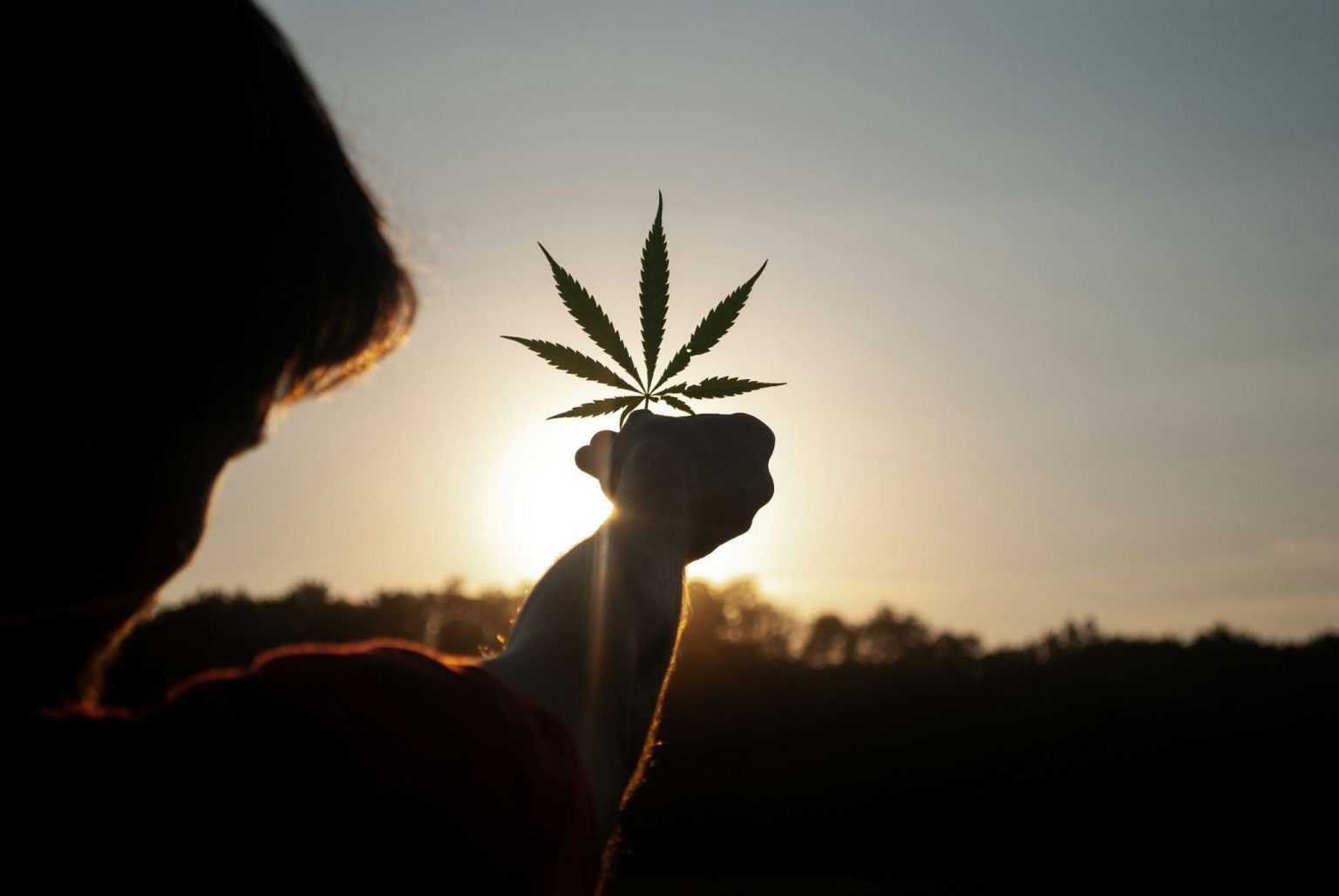A Historic Moment of Liberation
Dried herbs enthusiasts in Germany celebrated the enactment of new laws legalizing personal possession of cannabis, placing Germany among the most liberal countries in Europe in terms of cannabis legalization, alongside Malta and Luxembourg.
As of April 1, all adults over the age of 18 can carry up to 25 grams of dried cannabis to use in their dry herb vaporizer and can grow up to three marijuana plants at home. This historic decision sparked celebrations across the country, with people gathering at Berlin’s iconic Brandenburg Gate for a smoke-in to commemorate the occasion.
While the introduction of these new rules brought great joy to regular users of dried herbs, it also brought heated debate about the benefits and drawbacks of making cannabis more accessible to the public.
The Impact of Legalization: Balancing Benefits and Concerns
The recent implementation of Germany’s new law signifies a monumental shift as cannabis will be removed from the country’s Narcotics List. This policy change carries immense importance, particularly in improving access to medical cannabis for patients. With cannabis no longer restricted by its previous classification, barriers within the medical cannabis supply chain are dismantled, leading to smoother processes for pharmacies and enhanced accessibility for patients in need. Moreover, the delisting of cannabis opens up avenues for expanded research opportunities, facilitating a more accessible pursuit of cannabis-related studies. There is optimism that academic institutions will soon receive funding from both national and EU sources to support dedicated research projects in the field of cannabis.
The legalization of recreational cannabis in Germany represents a significant step forward in the fight against the stigma and discrimination faced by cannabis users and cultivators.
The decision to legalize recreational cannabis reflects a growing recognition of the plant’s therapeutic potential and the desire to move away from outdated and ineffective drug policies towards more progressive and evidence-based approaches.
Once the new law takes effect in Germany, adults will have the opportunity to legally obtain cannabis by cultivating it in their own homes. Under the proposed measure, adults will have permission to cultivate up to three plants for personal use in private settings. It is anticipated that a significant number of adult consumers in Germany will opt to cultivate their cannabis, leading to a surge in demand for cultivation-related products and services. Companies specializing in products such as seeds, grow lights, plant nutrients, harvesting equipment, odor control solutions, and drying equipment are poised to capitalize on these newfound opportunities created by the legalization of personal cannabis cultivation.
The Role of Cannabis Clubs: Breaking Barriers
As part of legal reform, Germany will introduce “cannabis clubs” starting July 1, allowing consumers to obtain cannabis through regulated associations legally.
Cannabis enthusiasts will be able to go to these clubs, safe and regulated locations, and access high-quality products.
The main goal of the establishment of these clubs is to control the sale of cannabis. The government aims to curb the illicit black market while ensuring consumers’ safety and well-being.
For these reasons, the government has set in compliance with regulatory standards that all cannabis cultivation and storage facilities within cannabis clubs must comply with strict security measures.
Each club must designate a prevention and addiction manager who will oversee operations. In addition, clubs must comply with specified residue limits for pesticides and fertilizers to ensure product safety. In addition, strict traceability protocols must be implemented to track the path of cannabis from seed to sale. Clubs are required to submit annual reports detailing harvest quantities and cannabinoid percentages, including THC and CBD levels. Access to cannabis products is restricted to club members only, and packaging must have a neutral design and be labeled with detailed product information so that all features can be read clearly by the consumer without misunderstanding.
Positive Outlook From Government Officials
The German government emphasized that this decision stems from the fact that decriminalization will have a significant impact on the illicit cannabis market, reducing the prevalence of contaminated cannabis and safeguarding young people from potential harm.
The main goal of legalization is to protect consumers, who would be aware of the quality and origin of the cannabis consumed.
It is a means to improve addiction support, prevent substance abuse among adolescents and young adults, and combat the black market.
Challenges and Skepticism
However, while the government maintains an optimistic stance, concerns have emerged about the potential repercussions of legalization, particularly concerning young people. Critics fear that the increased availability and acceptance of cannabis may increase its use, especially among adolescents.
Therapists and addiction specialists have expressed concern about changing attitudes toward cannabis and the expected increase in use, particularly during the initial stages of legalization.
The government responded to these concerns by implementing strict regulations to restrict cannabis use near educational and recreational facilities, with a focus on protecting minors.
Germany Leading the Way: A Model for the Future
The legalization of recreational cannabis in Germany marks a transformative moment in the country’s history.
With observers from around the world closely monitoring its implementation of the new law, Germany serves as a pioneering example for other European nations considering similar reforms.



